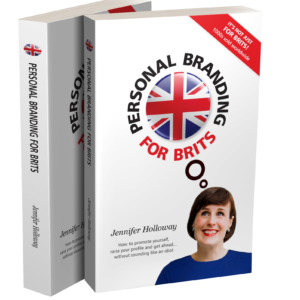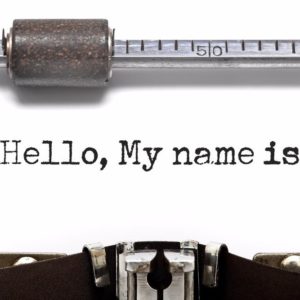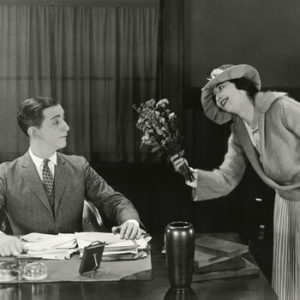

Look Younger Than Your Years? 3 Tips Be Taken Seriously
Doing the job I do, it’s not surprising I’m often approached by people for advice on their particular personal branding issue. The latest of these came in the form of a message via my website, which said:
“At 36 years old, I am frequently addressed as “young lady” and “darling girl” and receive comments like “at your age” [from] both male and female colleagues who are older and younger than me.
“I have a young face and friends and family tell me I look about 28. I am frustrated at constantly feeling that, while my work is of high standard and recognised to be so, I am treated as if I am just starting out or am junior.”
I told this woman she was not alone and I’d met plenty of people with the same problem – which is why I suggested I give her my advice in the form of this blog post. So here it is:
It’s our job to educate people when they’re wrong.
Much as it might gall us that people are forming misconceptions about us – which in turn are influencing how they behave – we can’t expect everyone to view the world (and us) the same way we do. Or to use a phrase from one of the foundations of NLP (Neuro Linguistic Programming):
The map is not the territory.
The thinking behind that is the way we see the world isn’t reality itself, but a map of reality we create based on our internalised experiences. In other words, we ‘interpret’ reality. And as every person’s internalised experiences will be different, so too will their interpretations be.
While you can’t dictate how people interpret their experiences of you, you can try to educate them in a way that will alter their misconceptions – like adding a bit of data into their calculations.
Here are my three top tips for doing just that:
1. Compare your timeline to theirs
A good way to do this is to casually ask something about the other person’s age or experience, for example: “How long have you been working here?”
Then use their answer as a jumping off point to tell them about your many years’ experience, such as: “That’s two years longer than me, although I’ve got another 10 years under my belt at other companies.” It’s making sure they understand you might look young but you’re not completely green.
2. Give a reference point to indicate your age
If you’re chatting with someone about what’s going on in the news or popular media, drop in a reference to something that’ll pinpoint your age. For example, I might say: “I remember when I’d spend my Saturday mornings watching Noel Edmonds on Swap Shop, instead of schlepping around the supermarket buying groceries.”
Depending on their own age, they’ll either reminisce with you (and realise you’re from the same era as they are) or ask you more questions, which’ll give you a chance to expand on the fact you’re older than you look.
3. State the obvious – and keep it light-hearted
The last way to deal with misconceptions is to tackle them head on. For example, you can say: “I’ve got one of those faces that looks a lot younger than my years. I even got asked for ID buying alcohol the other day!”
It’ll start a conversation where, once again, you can expand on the fact you look younger than your years.
Or using a line from the woman who emailed me, she could say: “My father also has a young face and early in his career he grew a moustache. I do not have this luxury!”
Have you experienced misconceptions based on how young (or old) you look? Or is there another aspect of your appearance that leads people to see you differently from how you actually are? And what do you do to counter their perceptions? You know I love it when people share their views, so feel free to leave a comment below. Thank you!








Great advice as always Jennifer. The lady providing the final anecdote could further embellish it with some humour ” … I’m going to grow the moustache after I retire!”
Excellent idea!